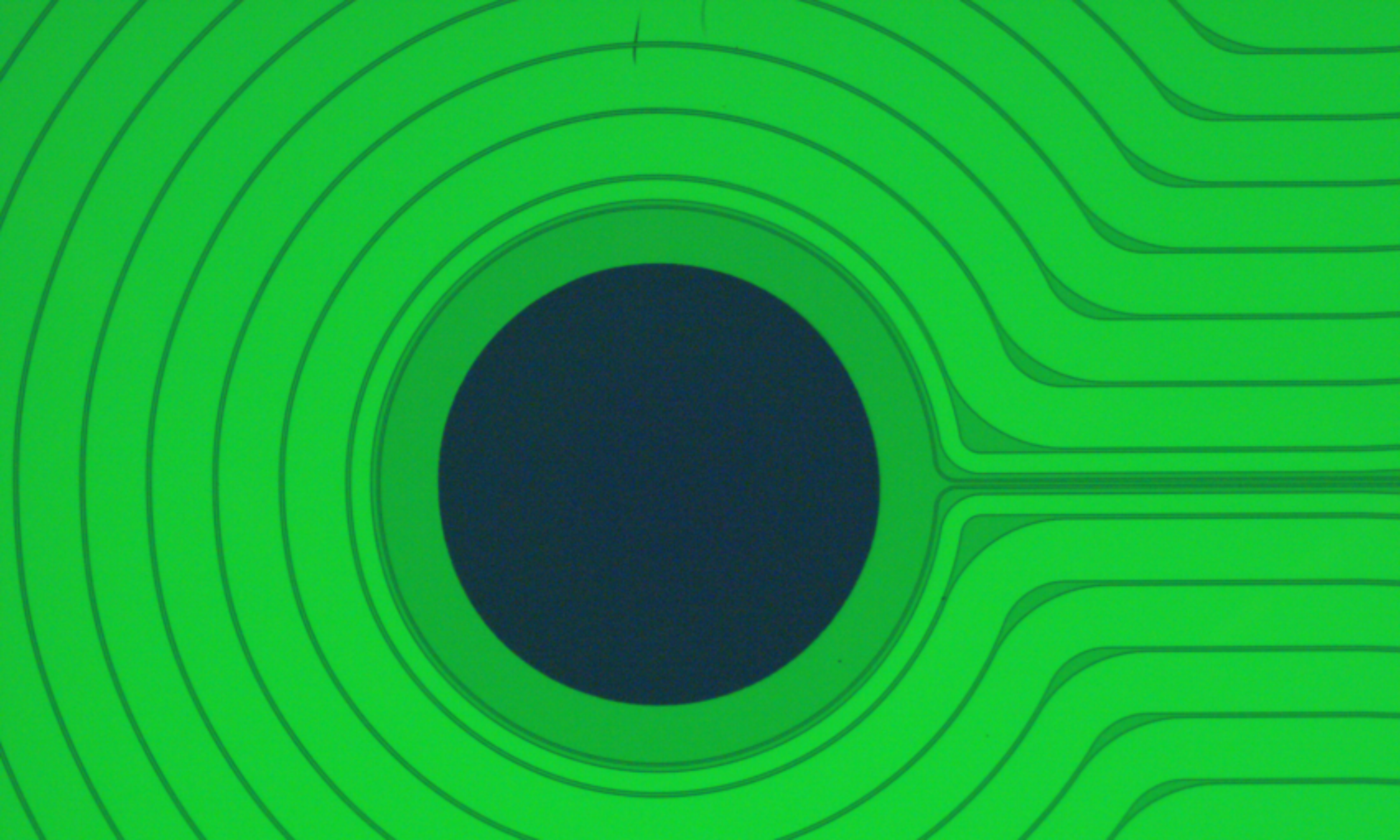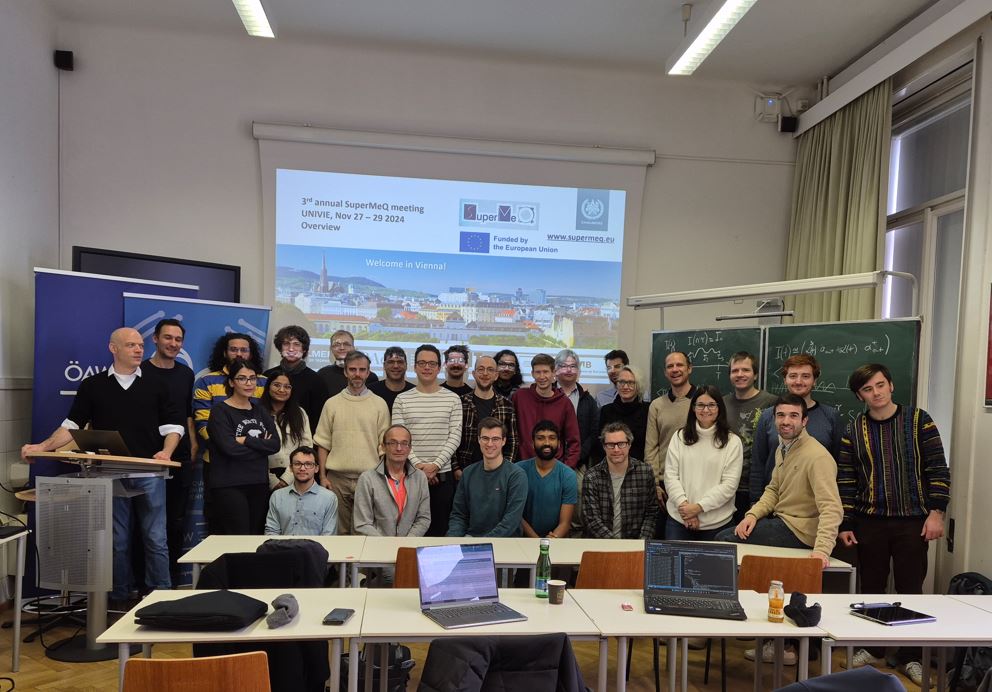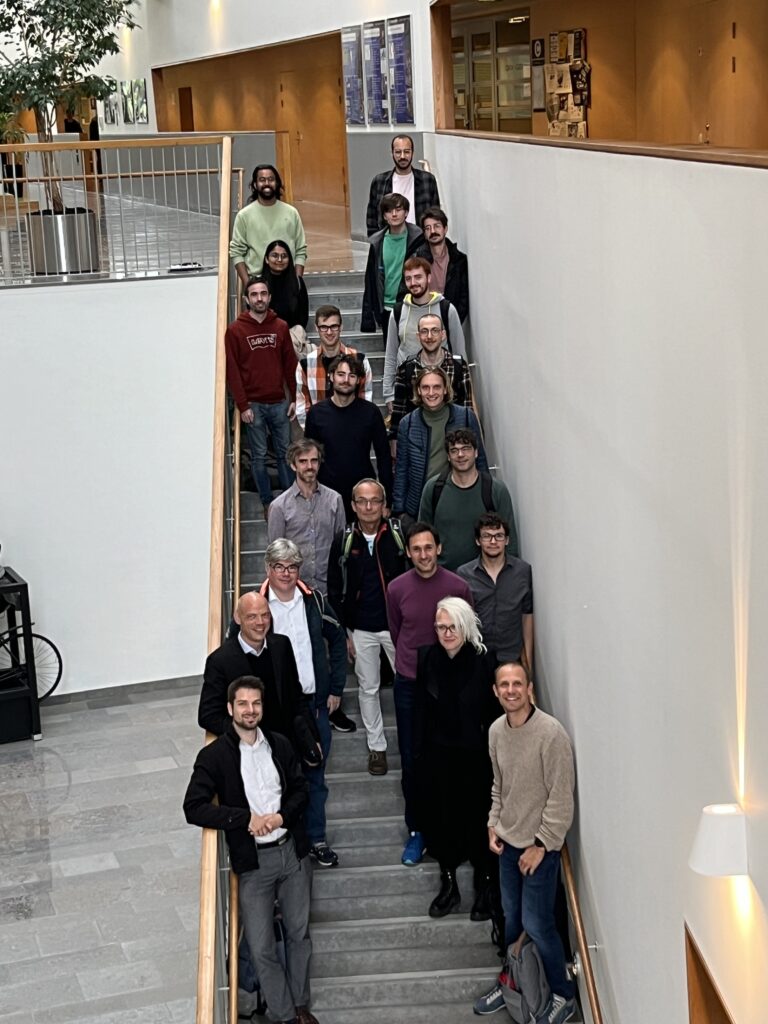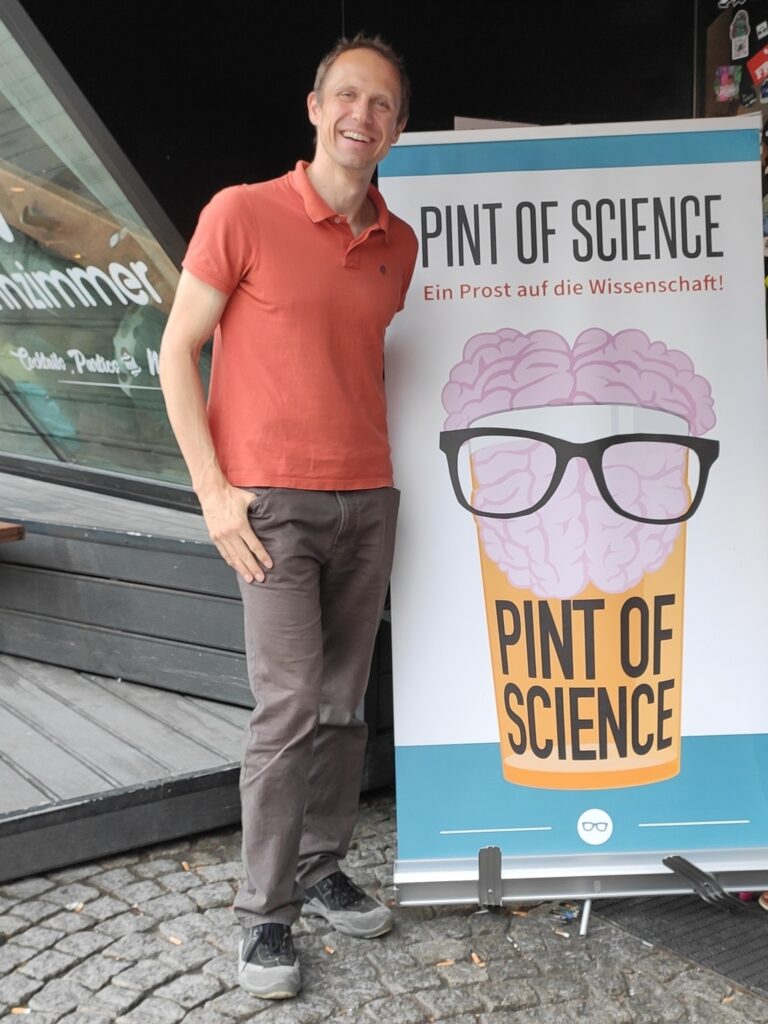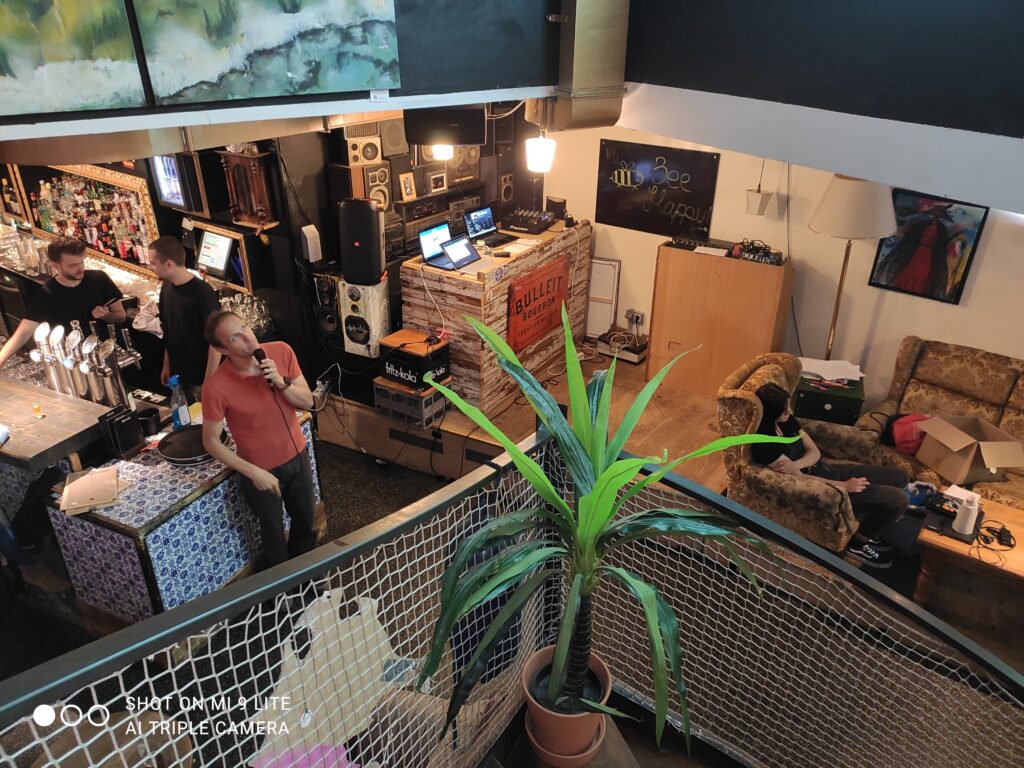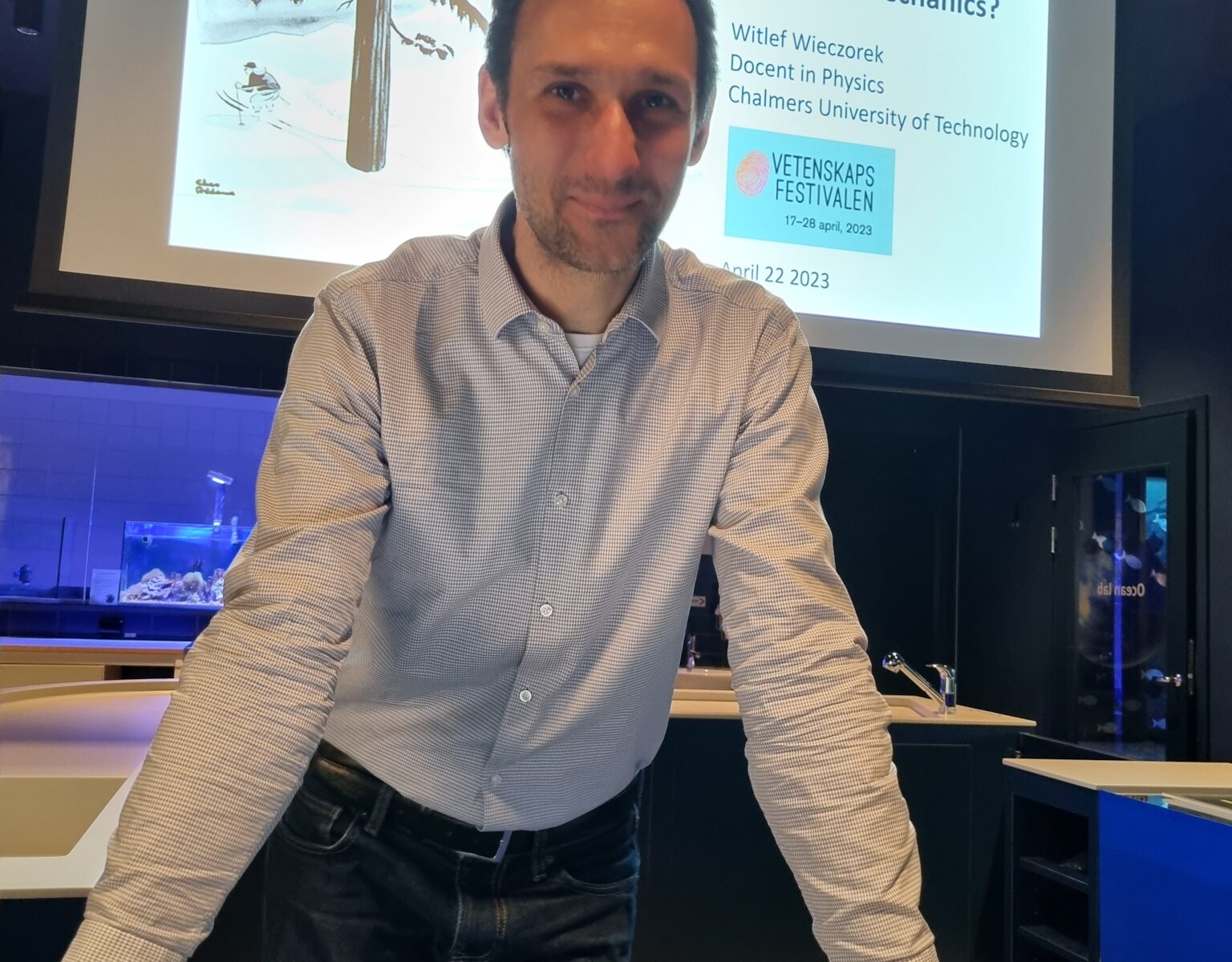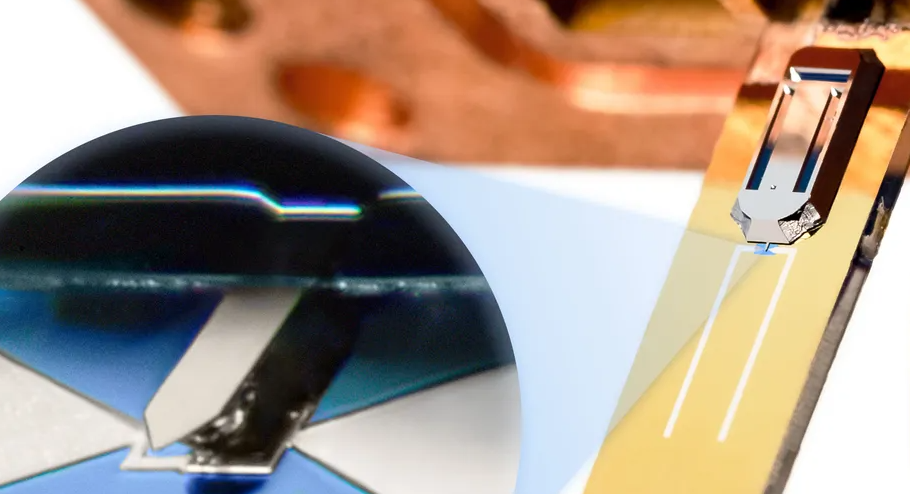The International Conference on Micromechanics 2025, hosted in Obergurgl, Austria, on 2-7 February explored the latest breakthroughs in quantum-micromechanical systems, with a special focus on levitated and circuit quantum electrodynamical systems.
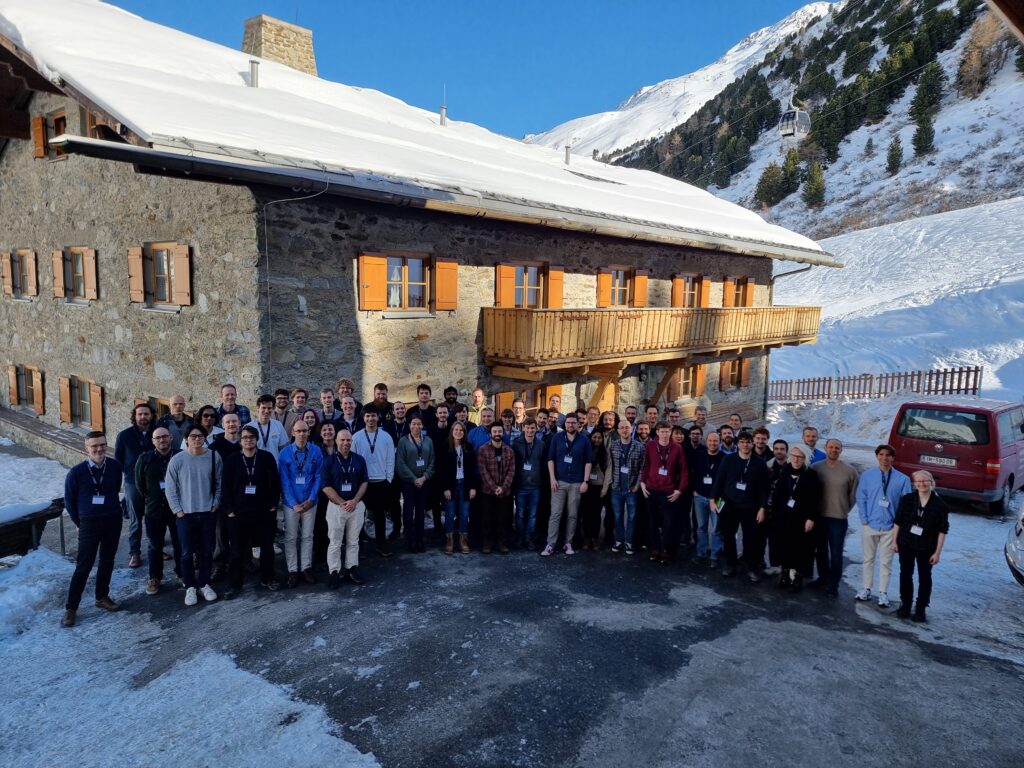
Organized by the EU funded project SuperMeQ and in particular by Gerhard Kirchmair (IQOQI Innsbruck), Witlef Wieczorek (Chalmers University), Michael Trupke and Markus Aspelmeyer (IQOQI Vienna), Hans Huebl (Walther Meißner Institute Munich), Anja Metelmann (Karlsruhe Institute of Technology), and Carles Navau (Universitat Autònoma de Barcelona) – the event gathered around 70 attendees for a week of inspiring scientific discussions and knowledge exchange.
The conference featured 19 invited talks, 6 contributed talks, presentations from each SuperMeQ node and two poster sessions.
Held in the stunning surroundings of Obergurgl, the event offered more than just insightful talks – it provided a chance for attendees to connect and collaborate in an inspiring environment.
The programme of the conference is available here.
